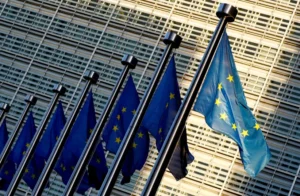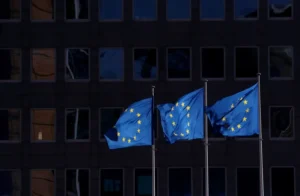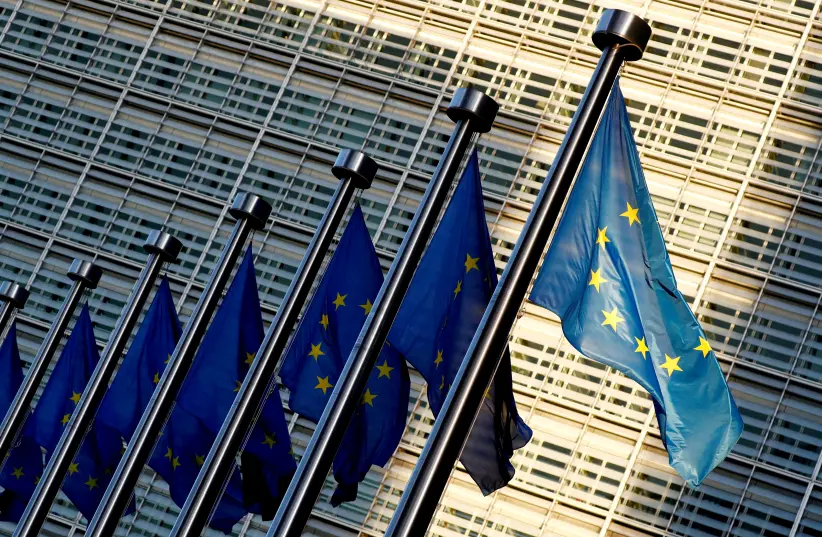The EU has said publicly it intends to conclude a trilateral agreement with Egypt and Israel before the summer, but the details in the June 7 draft are not public.

he European Commission has proposed a deal to EU member states with Egypt and Israel to boost imports of natural gas from the eastern Mediterranean, according to a draft document seen by Reuters dated June 7.
The draft memorandum of understanding, which is still subject to changes and needs approval from the governments involved, is part of the European Union’s efforts to reduce fossil fuel imports from Russia following the war in Ukraine.
“The natural gas to be shipped to the European Union will originate either from the Arab Republic of Egypt, the State of Israel, or any other source in the East Mediterranean region, including EU Member States in the region,” the nine-page document said.
The EU has said publicly it intends to conclude a trilateral agreement with Egypt and Israel before the summer, but the details in the June 7 draft are not public.
EU Commission President Ursula von der Leyen is due to visit Cairo next week.

The European Commission declined to comment on the draft agreement, or whether von der Leyen’s trip could be when the memorandum of understanding is signed.
The draft deal establishes the principles for enhanced cooperation between the three partners but does not say how much gas the EU would import nor set any timelines for deliveries.
The document said shipments would include the use of liquefied natural gas (LNG) infrastructure in Egypt, noting the North African country’s plan to become a regional hub for natural gas.
The memorandum of understanding would run for nine years from its signature, the document says, although that part is still in brackets, a sign that there is a higher chance it could be changed than other paragraphs.
EU FUNDING
Egypt already exports relatively small amounts of gas to the EU, and both countries are expecting to ramp up production and exports in the coming years.
The Egyptian government was not immediately available for comment on the draft agreement.
Egypt exported 8.9 billion cubic meters (bcm) of LNG last year and 4.7 bcm in the first five months of 2022, according to Refinitiv Eikon data, though the majority goes to Asia.
Israel is on track in the next few years to double gas output to about 40 bcm a year as it expands projects and brings new fields online, industry officials say. Israel has said it hopes to reach a deal to supply gas to Europe and is also considering building a pipeline to export more gas to Egypt.
The EU imported 155 bcm of gas from Russia last year, accounting for about 40% of the bloc’s overall consumption.
Under the draft agreement, Egypt would be able to purchase some of the gas being transported to the EU or other countries via Egyptian infrastructure, the document said, adding that Egypt could use it for its own consumption or for export.
The parties “will work collaboratively to set forth the appropriate ways and means for implementing the purpose of this memorandum of understanding in order to expedite the export of natural gas to the EU,” the document said.
The deal does not introduce any binding legal or financial obligation on the signatories, the document said.
Under the plan, the EU could fund new infrastructure if it is in line with its commitment to discourage all further investments into fossil fuel infrastructure projects in third countries, “unless they are fully consistent with an ambitious, clearly defined pathway towards climate neutrality.”
Funds could also be provided to develop technologies for emissions reduction and natural gas decarbonization.
The partners will engage to reduce methane leaks from gas infrastructure, examine new technologies for reducing venting and flaring, and explore possibilities for using captured methane throughout the entire supply chain, the draft said.

